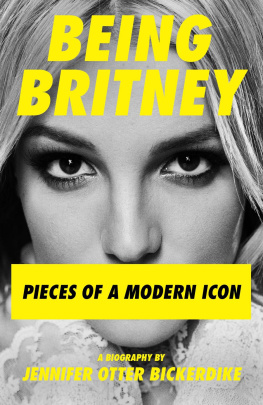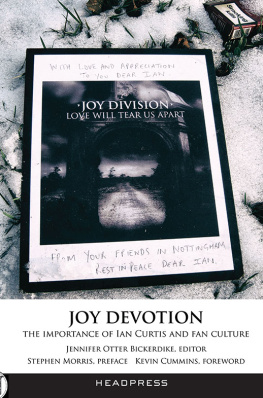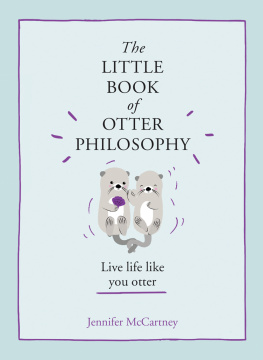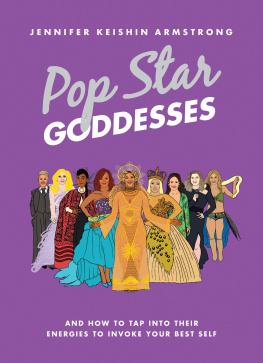



NEB 003
First published in the UK in 2021 by Nine Eight Books
An imprint of Bonnier Books UK
4th Floor, Victoria House, Bloomsbury Square, London, WC1B 4DA
Owned by Bonnier Books, Sveavgen 56, Stockholm, Sweden
 @nineeightbooks
@nineeightbooks
 @nineeightbooks
@nineeightbooks
Hardback ISBN: 978-1-7887-0523-3
Trade paperback ISBN: 978-1-7887-0524-0
eBook ISBN: 978-1-7887-0525-7
Audio ISBN: 978-1-7887-0526-4
All rights reserved. No part of this publication may be reproduced, stored in a retrieval system, or transmitted in any form or by any means, without the prior permission in writing of the publisher, nor be otherwise circulated in any form of binding or cover other than that in which it is published and without a similar condition including this condition being imposed on the subsequent purchaser.
A CIP catalogue record for this book is available from the British Library.
Publishing director: Pete Selby
Senior editor: Melissa Bond
Cover design by Luke Bird
Cover image Mark Liddell/Getty Images
Typeset by IDSUK (Data Connection) Ltd
1 3 5 7 9 10 8 6 4 2
Text copyright Jennifer Otter Bickerdike, 2021
The right of Jennifer Otter Bickerdike to be identified as the author of this work has been asserted in accordance with the Copyright, Designs and Patents Act 1988.
Every reasonable effort has been made to trace copyright-holders of material reproduced in this book. If any have been inadvertently overlooked, the publisher would be glad to hear from them.
Nine Eight Books is an imprint of Bonnier Books UK
www.bonnierbooks.co.uk
For some women I admire greatly:
Aunt Janet, Tami, Lynne, Julie, Andrea, Margareth
CONTENTS
American Shame
The early life of Britney Spears plays perfectly into a familiar narrative deeply cherished in American culture that of an individual coming from humble origins to attain meteoric heights of fame, success and wealth. In the beginning, Spears was beloved because she was so like us. Yet, once the marketing sheen had been dulled, a version of the singer who looked and acted a bit too much like a normal girl was revealed. Just as Britney had been held up as an aspirational virgin/vixen, she was then dragged down as the epitome of lowest-common-denominator America a familiar but highly mediatised version of what many saw when looking honestly at themselves.
The more success Britney amassed, the more she longed to genuinely have the very normality that she was presented as personifying. As fame began to mould her character, she tried desperately to hang on to the threads of her previous life the same life that she was exalted for escaping. This existence seemed increasingly appealing the further she went from it. When asked in an early interview with Teen Celebrity what the hardest part about her job was, Spears answered, Losing my identity and privacy, adding, How fun can it be going out with your friends when your bodyguard is right there all the time?
Within just a few years of attaining global stardom, album sales, appearances and number ones started lacking importance to Britney. Instead, her focus became a desire to do what normal people do. The longing to be anyone but Britney Spears became all-encompassing. A friend of the singer confided, She spoke about becoming a schoolteacher, a waitress anybody other than who she was. This tension between what Britney saw as the aspiration of normality and her actual life began to manifest in panic attacks and low moods, raising concerns among Britneys inner entourage about her seemingly spiralling depression. Doctors prescribed the singer Prozac to aide with her mental health. However, instead of taking the medication daily as suggested by professionals, Spears would only pop a pill when she felt down, as though it were an aspirin for a headache. This only made her already precarious emotional stability worse.
At the start of her ascent to pop dominance, Spears was lauded and held up as being a decent southern Christian girl, an assumed mantle of apple-pie goodness. However, this trait was soon used against her as the young teen matured into an adult, with the press and public alike swarming to call Spears out on behaviour they framed as unacceptable. As her fame grew, Spears was lambasted for the very attributes for which she had originally been heralded. The classist media portrayal of Britney shifted from small-town girl done good to crazed, drugged hillbilly somehow sneaking into prominence among the great and the fabulous. Stories of her father, Jamie, hunting for dinner in the woods behind the family home when Britney was little flipped from being a tale of a struggling clan trying to feed themselves to one of backwater freaks using their fingers to eviscerate defenceless rabbits or squirrels at the kitchen table. Another article took it a step further, claiming that Britneys uncles dined on roadkill, while a 2008 Rolling Stone cover piece went so far as to quote an unnamed former manager of Spears, who alleged that the singer was the product of some very, very bad genetics.
Previously, Britneys modest beginnings had been celebrated; now they were reframed under the banner of white trash. (The term white trash is primarily associated with poor white Americans most often located in rural and southern areas of the US who live on the margins of society, largely divorced from accessing political or economic power.
The tabloids were Britneys shadow, documenting her every movement, ready to pounce on any possible conceived slip-up, whether that be wearing trucker hats and smoking with an unravelling weave or emerging barefoot from a public toilet at a gas station in California. Britney Spears poor hygiene reputation is taking another turn for the worse, website Popdirt trumpeted in 2004.
As if to underscore that Britney was just another descendant from a deeply damaged family tree, her grandmothers tragic suicide was hauled out as an example of a seeming predestined mental break looming on the singers own horizon. Emma Jean, Jamies mother, had been just thirty-one years old when she used the big toe of her right foot to pull the trigger on a 12-bore shotgun, taking her own life shortly before 4 p.m. on 29 May 1966. Her body was found at a cemetery 3 miles east of Kentwood, near the grave of her son, Austin Wayne, who had died nine years before. He had only lived for three days, but Emma Jean had never been able to come to terms with the loss, having already attempted suicide on three previous occasions.
All these stories about Britney and her family may be partially or even completely factual, but they were not the focus of the narrative until the young woman began to come undone in public from non-stop stress and potential postpartum depression. On 17 May 2021, an Instagram post on Spears account stated: So many documentaries about me this year with other peoples opinions about my life ... These documentaries are so hypocritical ... they criticize the media and then do the same thing? No one has to look very far to see that Spears rightly nails the irony and conundrum of being a public figure the balance between actual news or information and the seemingly insatiable appetite for downfall and demise.
Next page
















 @nineeightbooks
@nineeightbooks @nineeightbooks
@nineeightbooks